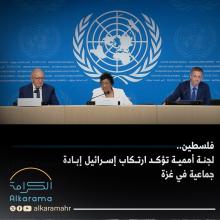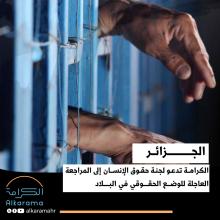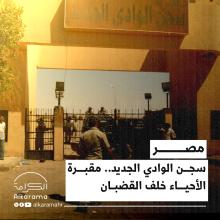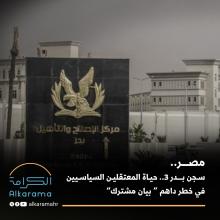Terrorism constitutes a major threat to the security of civilians in the Arab world with non-state armed groups resorting to indiscriminate violence to spread terror amongst the population, for political aims. While this is necessary to protect their citizens, international law imposes a duty on States to ensure that their antiterrorism measures respect human rights and the rule of law. However, Arab states have adopted extremely repressive counter-terrorism policies, which severely restrict and violate a wide range of fundamental human rights.
There are two patterns of human rights violations in counter-terrorism in the region: the first is the violation of fundamental guarantees of individuals arrested for crimes of terrorism including denial of legal counsel, secret detention as well as torture and death sentences following unfair trials; the second pattern is the inclusion in purposely vague and large legal definitions of terrorism acts, which are peacefully criticising abuses committed by States, or peaceful political opposition. Victims of such abuses are mostly lawyers, journalists, human rights defenders and peaceful political opponent, whose peaceful and legitimate criticism is being considered as a threat to the State and as an act of “terrorism”.
Given the increase of such violations in the context of counter-terrorism, the UN Commission on Human Rights created the Special Rapporteur on the promotion and protection of human rights and fundamental freedoms while countering terrorism (SRCT), to which, amongst others, Alkarama continues to send individual cases of human rights abuses in counter-terrorism in Arab states.











